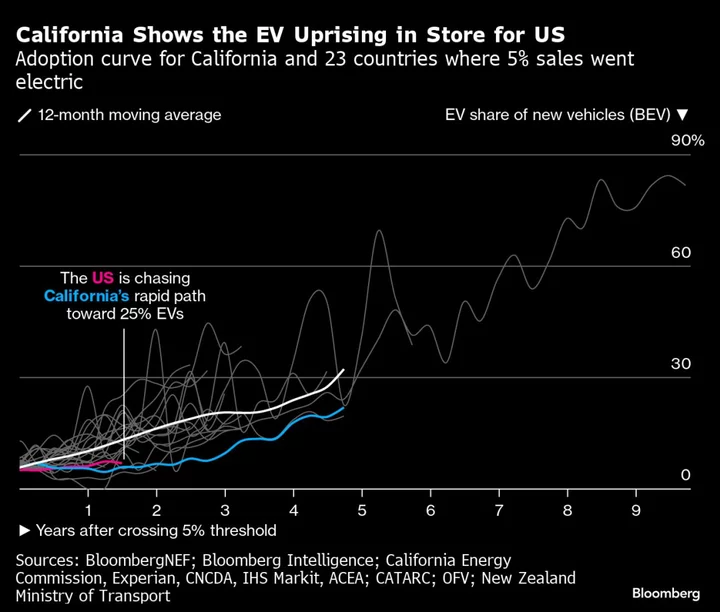Prime Minister Justin Trudeau’s government released new details of a law that tries to force technology companies to pay news providers, but Meta Platforms Inc. said it will continue to block users in Canada from seeing news stories on Facebook.
Draft regulations published Friday say Meta and Alphabet Inc. would need to pay news outlets a minimum of 4% of their annual revenue in Canada in return for carrying links to news articles. That means the law compels Alphabet’s Google to pay about C$172 million ($127 million) annually to the news industry in Canada, while Meta’s Facebook would need to shell out C$62 million per year, according to the government’s estimates.
The regulations are meant to be an olive branch that addresses the companies’ complaints that the law, known as the Online News Act, exposes them to unknown financial liabilities. The act says the platforms must negotiate payments with news providers.
Facebook has already blocked users in Canada from posting or seeing links to news stories — cutting off an important source of web traffic for a number of news companies. A spokesperson for Meta said the draft rules will make no difference.
“As the legislation is based on the incorrect assertion that Meta benefits unfairly from the news content shared on our platforms, today’s proposed regulations will not impact our business decision to end news availability in Canada,” Rachel Curran, head of public policy for Meta in Canada, said by email.
Alphabet has also threatened to cut off Google News links in Canada. A spokesperson for the company didn’t immediately respond to a request for comment.
Government officials said the regulations weren’t shared with the companies before Friday, and they will try to engage with the them in the coming weeks.
“Canadians rely on digital platforms to access their news and information, but these tech platforms have to act responsibly and support the news sharing they and Canadians both benefit from,” Heritage Minister Pascale St-Onge said in a news release.
The law is expected to come into effect on Dec. 19.
Author: Randy Thanthong-Knight









